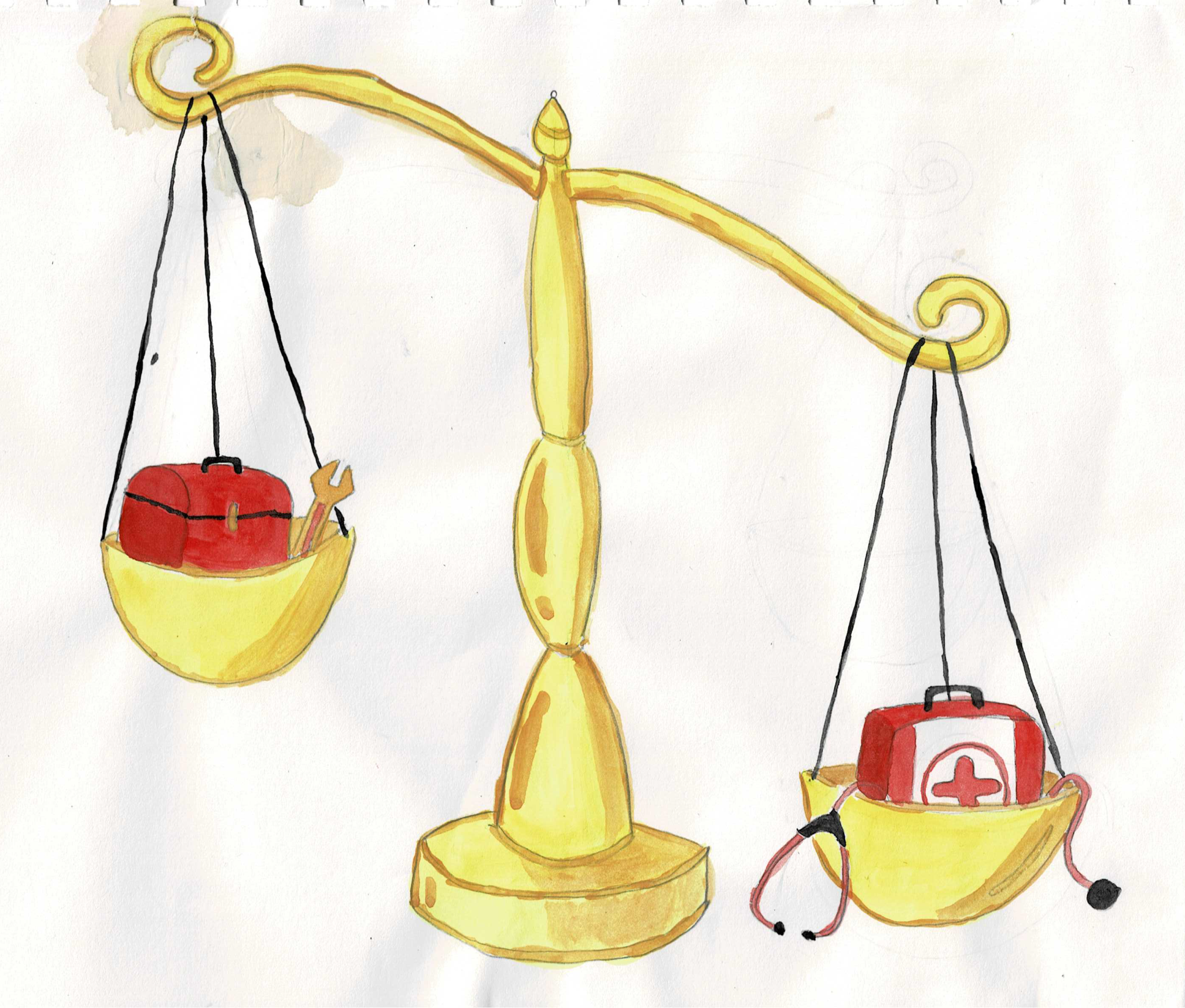Picture a lawyer passionately defending a client who was falsely accused of a crime, a firefighter bravely battling the flames of a California wildfire, or a calm, cool, and collected doctor saving a patient's life.
There’s no doubt that each of these professions are deeply necessary and valuable to society, but it’s important to note that every career brings something new and invaluable to the table. Unfortunately, from a young age, children are implicitly and explicitly taught that certain career paths are "better" than others, leading to a narrow-minded view of the jobs that are being offered to them.
In elementary school, College and Career Day is a common practice. On this day, schools invite professionals to talk about what their careers entail. But often, most of the careers that are represented are doctors, lawyers, and police officers. So from a young age, kids are more informed about these types of careers.
If people around them are talking highly of more well-known careers, students naturally feel a greater pressure to choose one of these professions, to gain the approval of others.
In fact, 52.1 percent of Generation Z’s parents have strongly tried to influence their children’s careers, according to Joblist. This often comes at the detriment of student happiness, as the career that they’ve chosen may not be a reflection of what they want, but rather a reflection of what those around them want.
Being unhappy with a job from 9 a.m. to 5 p.m., Monday through Friday, takes a large mental health toll. Gen Z has been called the "unhappiest generation yet" by multiple publications, such as The Telegraph. While choosing the wrong career doesn’t account for all of Gen Z’s mental health troubles, it can definitely play a big role.
Berkeley High School, along with other high schools, offers Career and Technical Education (CTE) courses to work to remedy the situation. Three-quarters of all school districts offer some form of CTE class, according to the U.S. Department of Education. CTE classes not only allow students to explore different fields of work, but it provides them with an opportunity to enter a career without a four-year degree — if that’s what they want.
However, there’s no denying that money is a big concern for the next generation. As the price of buying homes, or even just groceries, increases due to inflation rising to a current rate of 6.41 percent, a greater pressure to take these high-paying jobs is created. Rather than pursuing what interests and fulfills them, surviving takes precedence. 55 percent of parents push a career path toward a child based on the high income of that job, according to Joblist.
However, according to the National Library of Medicine, “there is very little evidence of any relationship between income and daily experiences of happiness — and any relationship that does exist would suggest higher income could be associated with less happiness.”
At the end of the day, happiness should be what people strive for. Deciding a career is a decision that one must take without the influence and pressure of others. What makes one person happy doesn’t necessarily make another person happy.





